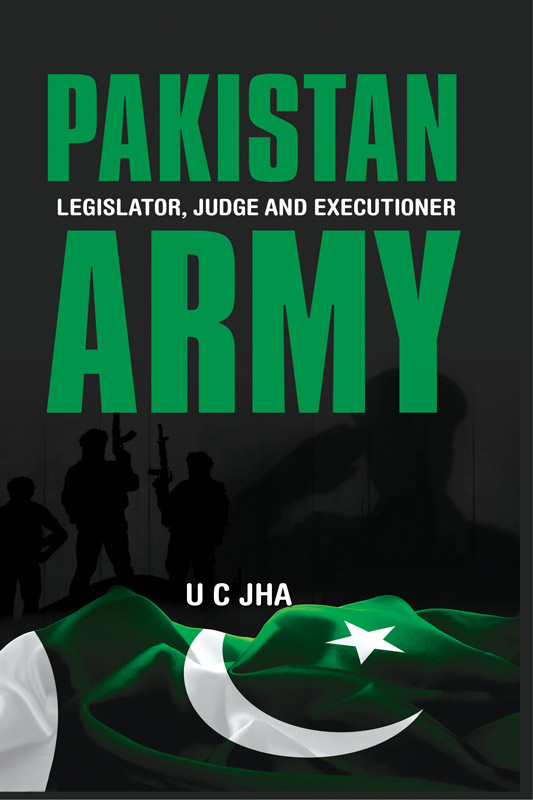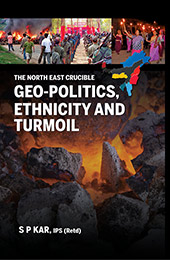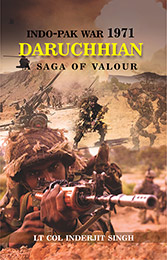Subjects
Pakistan Army: Legislator, Judge and Executioner
U C Jha
Almost every state in the world has an army to protect it from external aggression, except in the case of Pakistan, where the relationship between the ‘state’ and the ‘army’ is in the reverse order. The Pakistan Army has the ‘state’. The army has governed the ‘state’ directly during half of its existence and in the remaining half of its history indirectly. The Pakistan Army has also ensured that other independent organs of the state—executive and the judiciary—function under its shadow. The army has another unique feature ; it runs the biggest business conglomerate that owns everything from factories and bakeries to farmland and golf courses. In 2015, the Parliament by a two-third majority handed over another responsibility to the army—trial of civilians in military courts—on the ground that the criminal justice system and the civilian judiciary are incapable of handling the cases pertaining to terrorists. As the trials in summary military courts fall short as compared to national or international fair-trial standards, the risk of serious miscarriage of justice cannot be rules out.
Several armed conflicts are taking place in Pakistan in which the armed forces and its allies on war on terrorism—especially the military of the United States of America (USA)—are involved in fighting several groups of militants and terrorists. The USA as well as the Pakistan military have used lethal drones against the citizens of Pakistan. The military’s involvement on war on terror has led to devastating results in terms of loss of life, destruction of property; besides they have also been responsible for enforced disappearances, a serious crime against humanity. This book analyses the Military Justice System of Pakistan and makes an assessment of its international obligations under the international human rights law and the laws of armed conflict.


 Political Science
Political Science


